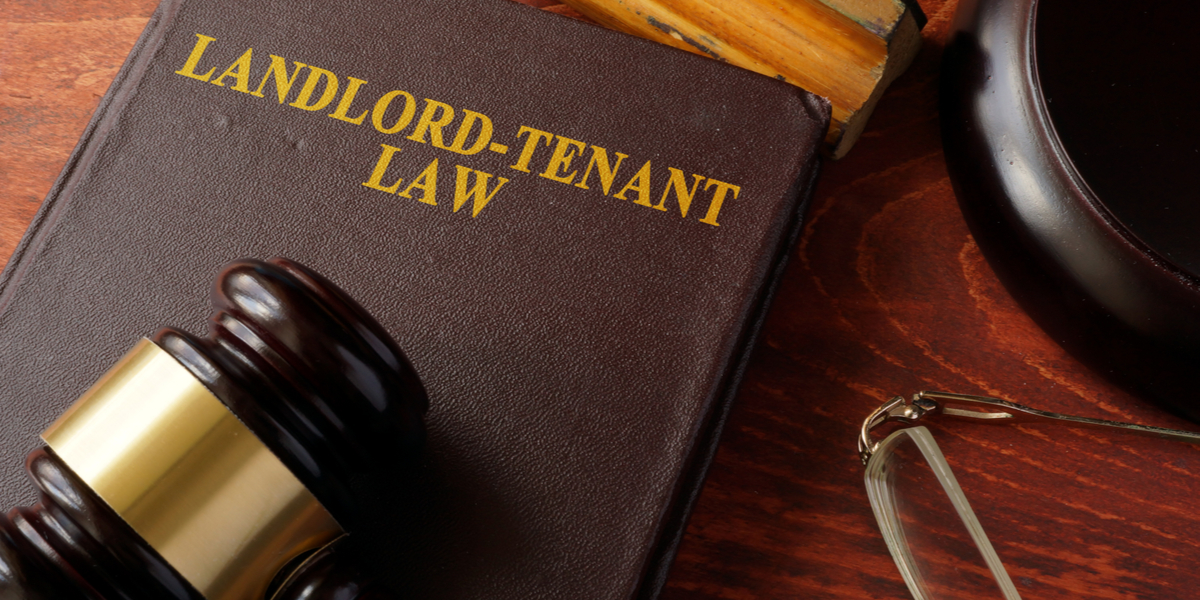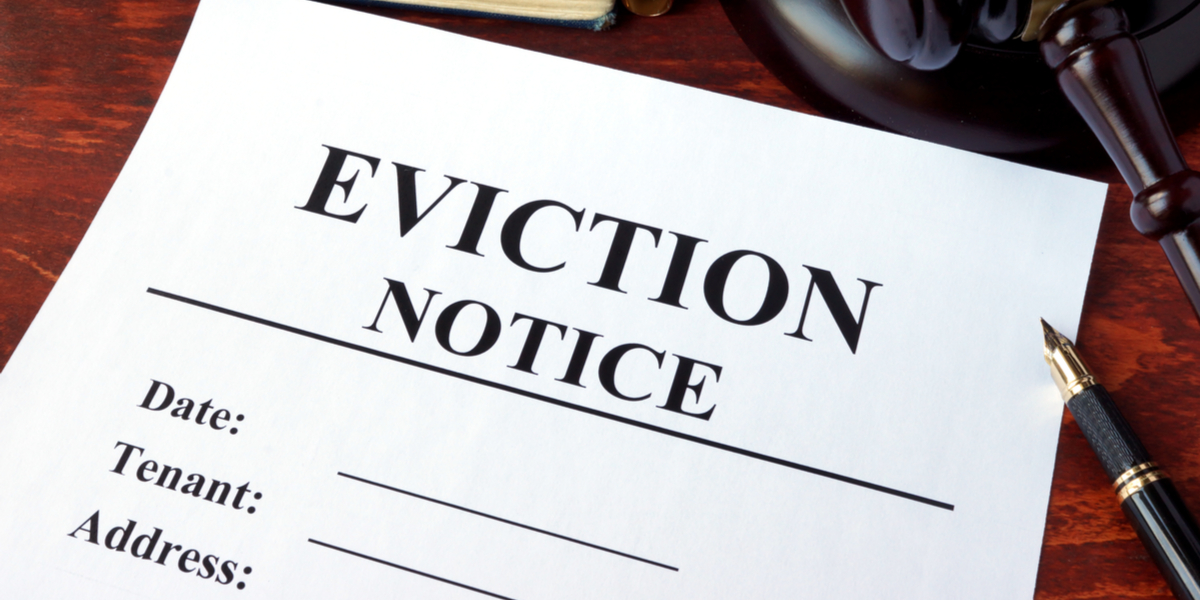Writing A Hardship Letter To Landlord
There is one bill that should always be paid, and that is your rent. If you are in a desperate situation and you genuinely cannot pay your bills, then speaking to your landlord is the first thing you must do. Other bills can wait to some degree so long as you are able to keep a roof over your head. And if this means you need to grovel a little bit, then so be it.
Basic Guidelines for Writing a Hardship Letter to Landlord
Hardship is defined as a circumstance beyond your control that causes your income to suddenly change. The key factor is that it is beyond your control. For instance, a forced reduction in hours is classed as hardship, whereas choosing to go part time is not. Similarly, a long standing medical condition does not classify as hardship, whereas developing a sudden illness would be classed as such. Hence, before you write this letter, you have to determine whether or not you are actually experiencing hardship at all.
The second issue is the type of landlord that you have. If you rent from an individual and you are on reasonably friendly terms with him or her, then there is no need for the letter to be overly formal. If, however, you rent from a huge housing association, then you do have to include some formality in your writing. In fact, they may even have a standard form that you have to complete.
Either way, you must make sure that your letter is free from grammatical and spelling errors. It should also be dated and addressed to the right person. Finally, you should keep it short, sticking to just one page if possible. These letters have to be about the facts. All landlords understand that you will be distraught and upset by your hardship, so there is no need to relate a sob story. Rather, you need to explain what has happened to put you in hardship, and what this means in terms of your income, and how long you expect the situation to last.
Content of the Hardship Letter
Make sure that you provide documented evidence about your income and expenditures, and what you have done to ameliorate the situation. For instance, if you have given up on certain leisure activities, or if you have taken on a part time job, you need to discuss this and provide some evidence. One other issue of extreme importance is that hardship is always only supposed to last for a short period of time. Hence, your letter should also discuss a solution for that particular period.
You should, for instance, offer to make reduced payments on your rent (indicate the exact amount and make sure that it is an amount that you can actually afford), and offer to pay for the shortfall later by increasing your rent payments after your hardship situation has been resolved. If at all possible, you need to tell your landlord when you expect this resolution to be in place. Remember to be open and honest at all times. Do not make any promises that you cannot keep and do not place blame on your landlord in any way.





